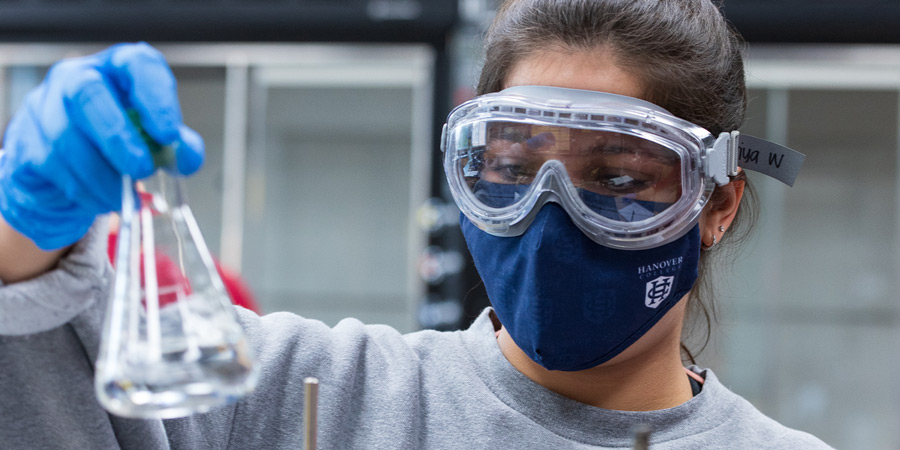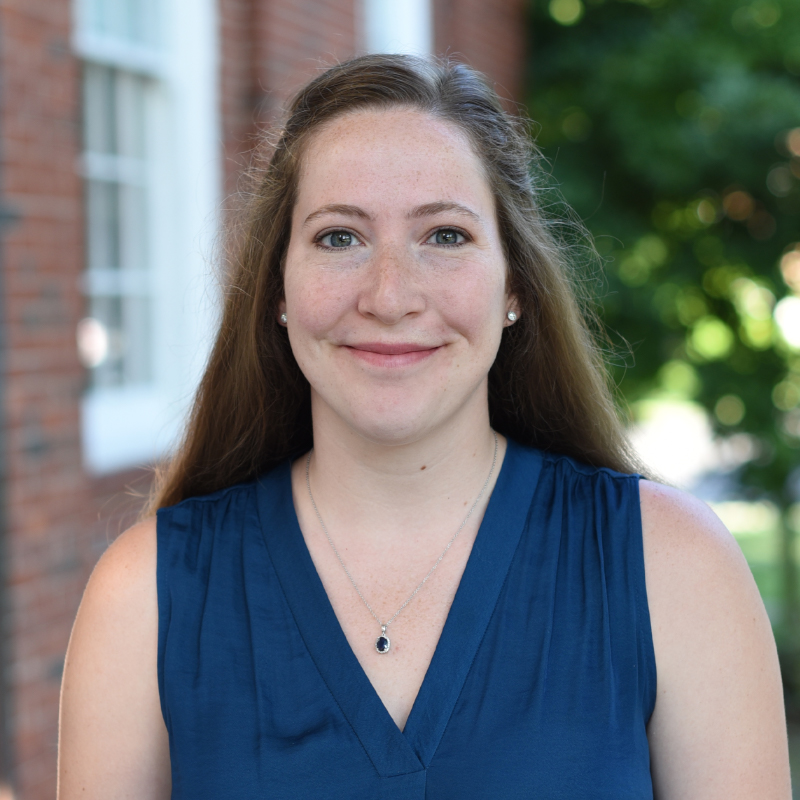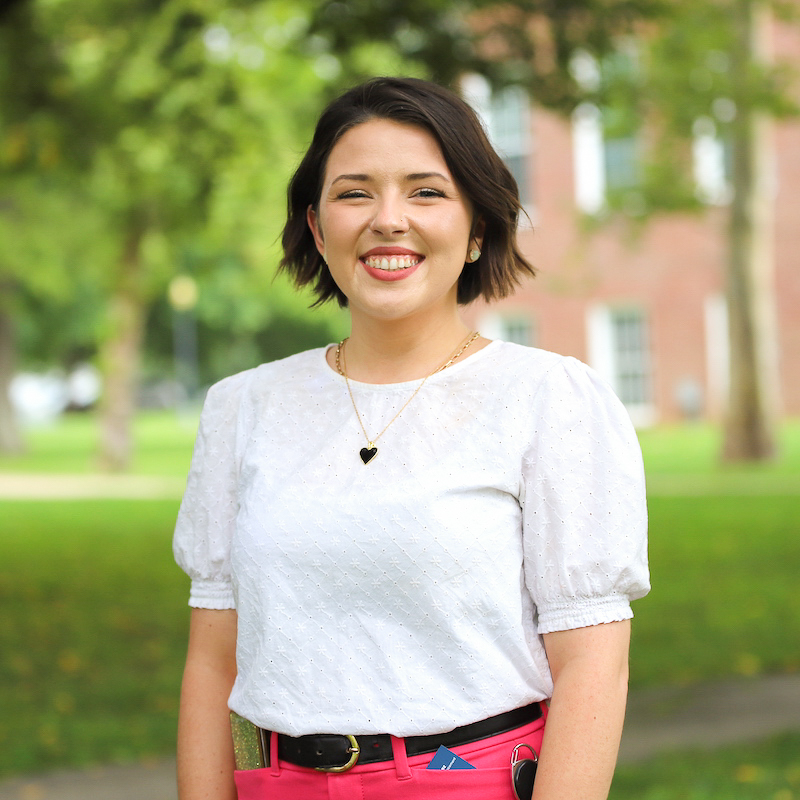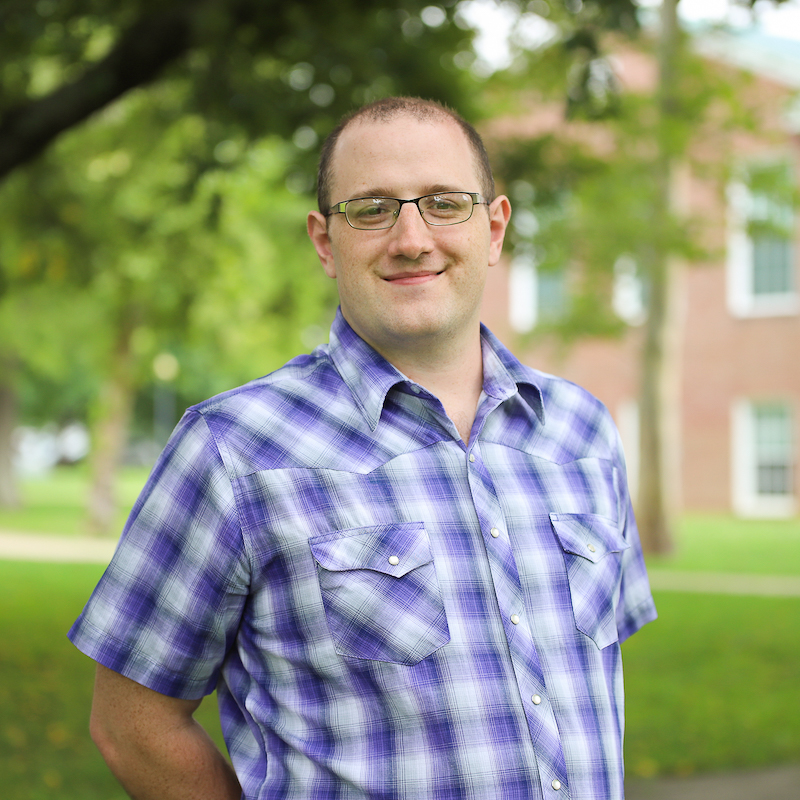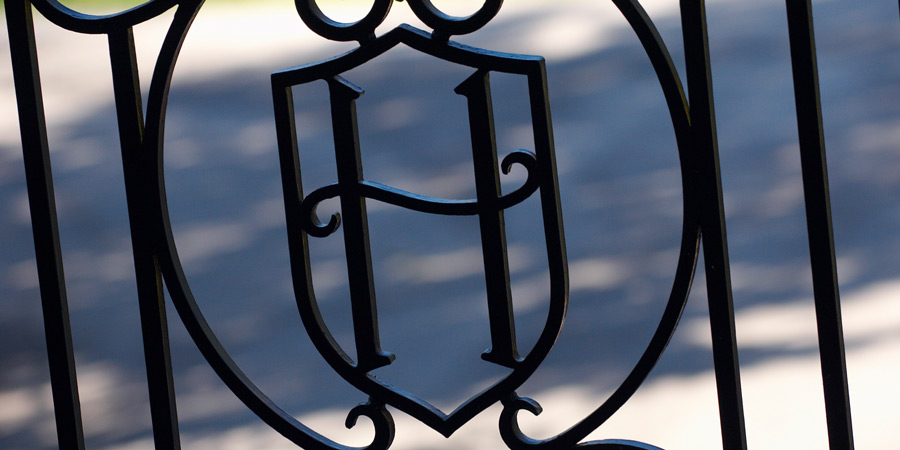Academics at Hanover:
At Hanover, students use chemistry to better understand the issues faced by modern society. Maybe your interest is life-saving antibiotics or new kinds of synthetic fibers. Maybe you want to learn how to measure pesticides in drinking water or the antioxidants in food. It’s all possible to explore in the superbly equipped labs at your disposal.
You’ll begin with an introduction to the breadth of chemistry, followed by a deeper study of advanced subjects. Your program will culminate with a collaborative research project in which you’ll explore an area of interest to you, with the help from a member of Hanover’s highly specialized faculty. Along the way, you will become a person who speaks the language of chemistry, thinks critically and solves problems.
LEARNING IN THE LAB… AND BEYOND
As a student of chemistry, you want to learn in state-of-the-art labs without the need to share work stations. At Hanover, you’ll make use of our incredible resources dedicated to undergraduate learning. You’ll have full, individual access to sophisticated equipment, the kind seldom found in undergraduate programs even at large universities, such as:
- HPLC mass spectrometer – can be used in drug discovery and natural product chemistry
- Inductively coupled plasma atomic emission spectroscopy – can be used to determine low levels of lead, such as in water supplies
- Infrared and raman spectrophotometer – can be used to measure molecular vibrations in order to compare the chemical makeup of materials
WHAT DO CHEMISTRY MAJORS STUDY?
- Principles of chemistry
- Organic chemistry
- Analytical chemistry
- Physical chemistry
- Advanced laboratory
- Students pursuing a minor in biochemistry take related courses
Although pre-med is not a major, many chemistry students consider careers in medicine. Hanover’s pre-health science students have unique hands-on access to a human patient simulator and human cadaver dissection as undergraduates.
Careers
- Medical doctor
- Dentist
- Biochemist
- High school teacher
- Environmental engineer
- Geochemist
- Pharmacist
- Pharmaceutical sales
- Lab technician
- Optometrist
- Research assistant
- Environmental specialist
- Doctor of dental surgery
- Scientific programmer/analyst
- Doctor of osteopathic medicine
- Environmental chemist
Sample Employer Placements
- Eli Lilly Company
- Beck Meyer Company
- Analytical Services Laboratory
- Flowers Labs
- Madison Chemical Company, Inc.
- Indiana Kentucky Electric
- Central Pharmaceuticals
- Methodist Hospital
- Safety-Kleen Corporation
- Applied Laboratories
- Atlantic Research Company
- Marion County Health Department
- Southern Analytical Laboratories
Recent Graduate School Placements
- Indiana University
- Stanford University
- Ohio State University
- Miami University
- University of Virginia
- Vanderbilt University
- University of Louisville
- Pennsylvania State University
- University of Dayton
- University of Minnesota
- Kent State University
- University of Colorado
- University of Nebraska
- Purdue University
Recent Summer Fellowships
- Harvard Medical School, biomedical medical research
- Miami of Ohio, competitive government funded research
- Riley Children’s Hospital, biomedical research
- Madison Chemical, industrial research
- Indiana State Police, forensics
- University of Kentucky, research
- University of Louisville, research
- University of Cincinnati, research
- Indiana University, summer medical program
